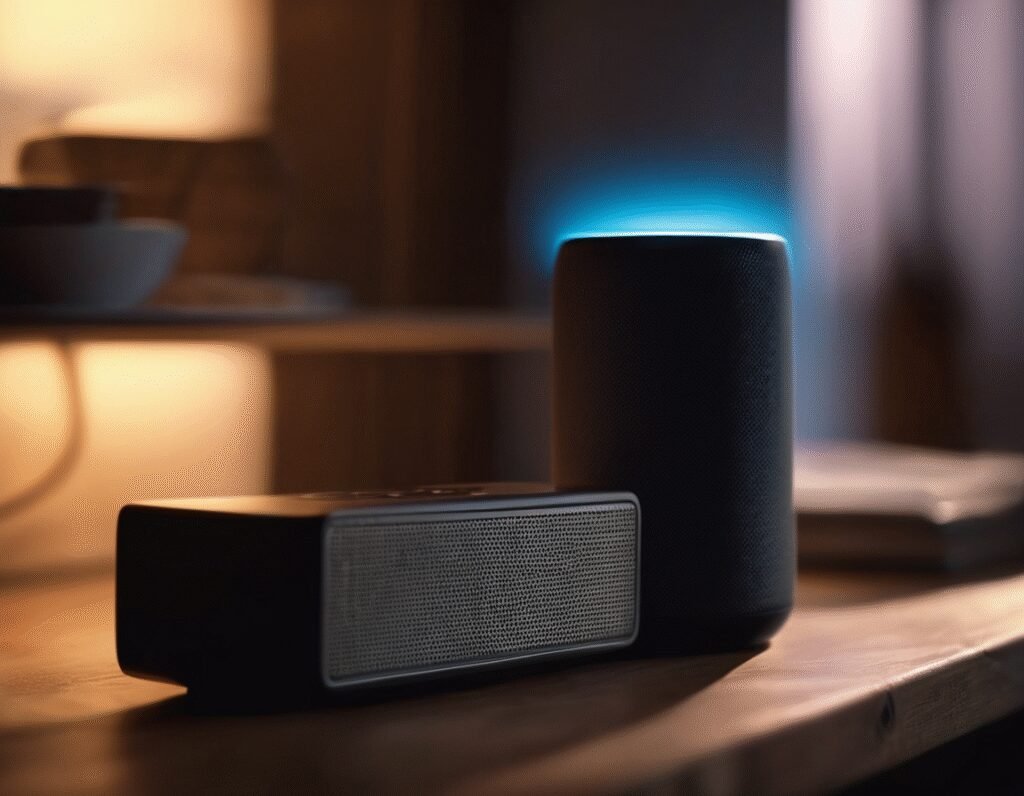Apple’s Awe Dropping event kicked off yesterday, and the opening shot featured a HomePod. For a moment, it felt like a genuine surprise might be coming, a long-awaited update for the company’s beleaguered smart home speaker. But as the entire presentation went by without another mention of the product, that brief flicker of hope faded into familiar resignation.
The HomePod has always been a step behind. When smart speakers first exploded onto the scene, the market was quickly dominated by Amazon and Google, with Sonos holding its own as a premium third-party option. Apple announced the HomePod in mid-2017, nearly three full years after Amazon unveiled its original Echo. It arrived too late, cost too much, and Siri was too unhelpful for it to seriously challenge its rivals. The Mini version came in late 2020, and the second-generation model in early 2023 added Thread support. These were not exactly groundbreaking leaps in innovation.
Matters have only gotten worse for the HomePod as the tech world has shifted. Voice-controlled AI is no longer centered on dedicated speakers. The action has moved to our smartphones and computers, where AI is being integrated directly, reducing the need for a separate, intermediary device. This shift highlights Apple’s own shaky position in the current AI race.
Apple has promised a major Siri overhaul for some time, but the new AI-powered version is not expected until spring 2026. To showcase this new assistant, the company is reportedly developing an interactive smart home hub with HomePod-like audio capabilities. However, that product is not slated to arrive until at least 2027. So what does Apple do in the meantime?
It makes strategic sense to hold back on major updates to the existing Siri-based speaker. But a part of me wished for a different approach: a stripped-down HomePod focused less on being smart and more on being an exceptional speaker. As an owner of a Sonos speaker I love, I always assumed I might eventually upgrade to an Apple offering. AirPods are a stellar part of the Apple ecosystem, and a powerful, high-quality home speaker with that same seamless connectivity could have been a compelling bridge product. It would have kept Apple relevant in home tech while the company prepared its next big move.
In reality, the window for the HomePod to become a star in Apple’s lineup appears to have shrunk to almost nothing. Looking at the trends in AI and home tech, there is no obvious space left for a traditional smart speaker. This is not just an Apple problem. Amazon and Google have also largely stopped giving their own smart speakers much attention. In fact, most of the favorite smart speakers this year are from specialist Sonos, as the big tech names have pivoted their focus squarely toward AI. Smart speakers will still exist, but they will be folded into multi-purpose gadgets and marketed as general smart-home aids.
There is no official indication that Apple plans to sunset the HomePod. But the personal prediction is that it will remain on the sidelines, receiving only occasional attention until the new smart home products arrive. When they do, the HomePod will be pushed even further from the spotlight, likely leading to Apple quietly pulling the plug for good. It would be a quiet end for a product that never truly got its chance to shine. Here is hoping that prediction is wrong.

